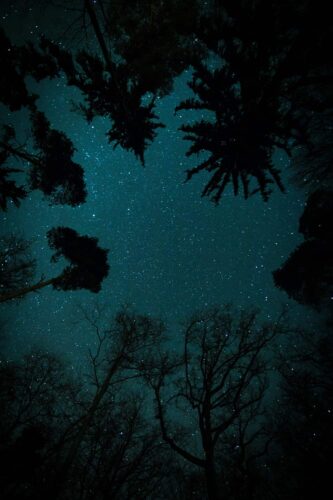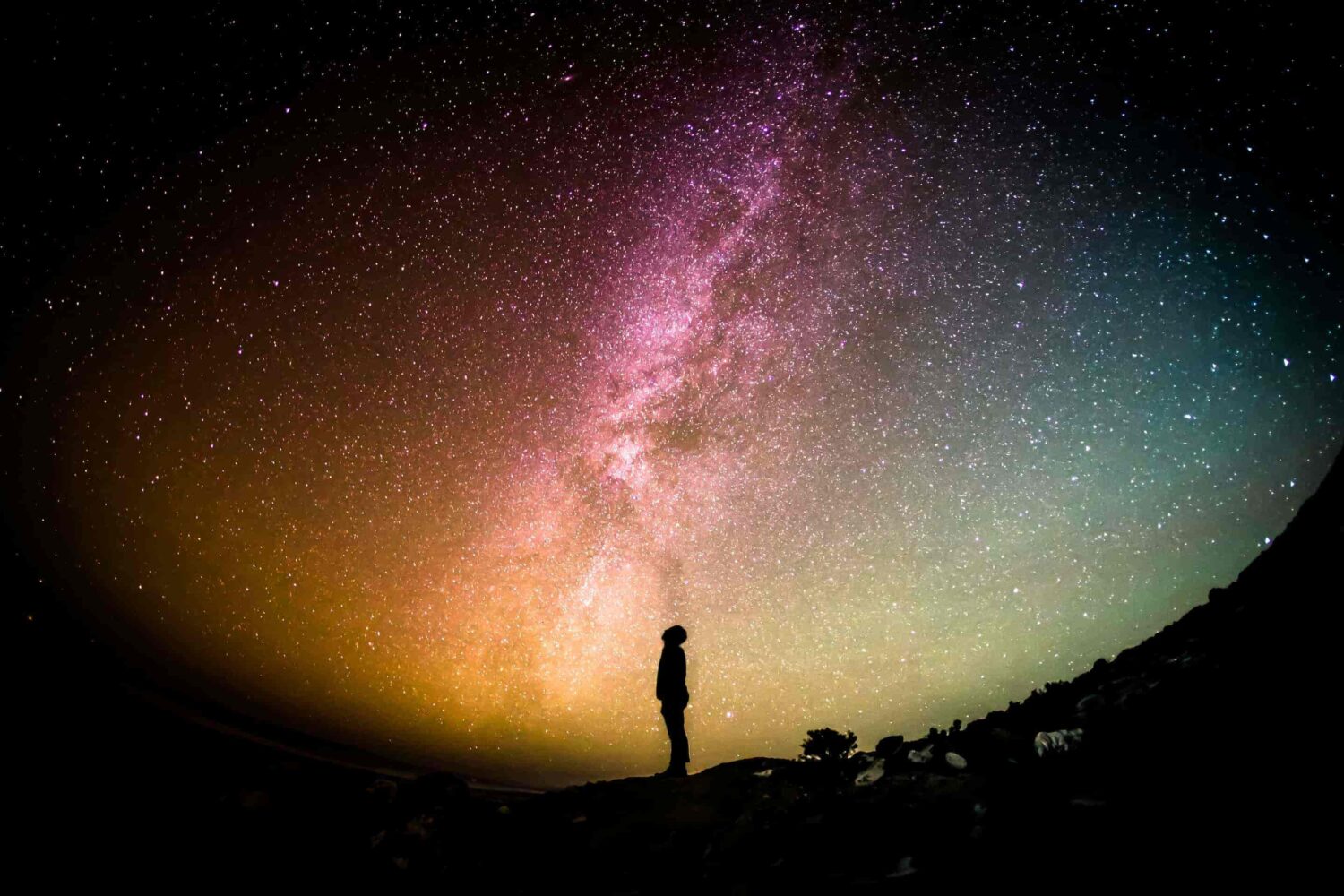

Max Saeling
Earth Analects
Read the Earth Analects, a series of published chapbooks that bring the voices of diverse authors into the world at the intersection of science, humanities, faith traditions, Indigenous wisdom, and the arts.
Greg Rakozy
The Constellation Project provides a visionary space to weave new stories and emergent ways of being for a new era of planetary consciousness.
“A constellation is a group of stars connected by the imagination. We look up at the night sky and see a map of stories created by our need to understand the world around us and beyond.”
Max Saeling
Read the Earth Analects, a series of published chapbooks that bring the voices of diverse authors into the world at the intersection of science, humanities, faith traditions, Indigenous wisdom, and the arts.

Terry Tempest Williams (author and Harvard Divinity School writer-in-residence) and Dr. Sam Myers (Planetary Health Alliance Founding Director) launched The Constellation Project in 2018. This began as a collaboration between the Harvard Divinity School, the Planetary Health Alliance, and the Center for the Study of World Religions, to explore the spiritual crisis that underlies the ecological and public health crises associated with destruction of Earth’s natural systems. It considered how we might share news stories about our relationship to each other and the natural world that could help set us on a different path. This includes events and an ongoing series of narrative works called Earth Analects (#1 The Wings of Herons, #2 Decolonial Dames of America, and #3 Today is Also the Day of Creation.)
In 2022, at the Planetary Health Annual Meeting (PHAM), there was a growing call to create a community of practice to promote the importance of imagination, creativity, and spirituality in Planetary Health. To address this, in 2023, Dr. Susan Prescott (Professor of Planetary Health at University of Western Australia, and Director of the Nova Network for Planetary Health, at the Nova Institute) was invited to establish the Constellation Community, now known as the Earthrise Community. This is an open-minded, heart-centered community circle that elevates “reverence for life” alongside more academic analyses for more holistic perspectives. This group meets monthly with the broad aims of connecting community, co-creating ideas and activities, and communicating these more widely.
These videos showcase several Constellation Project events.
